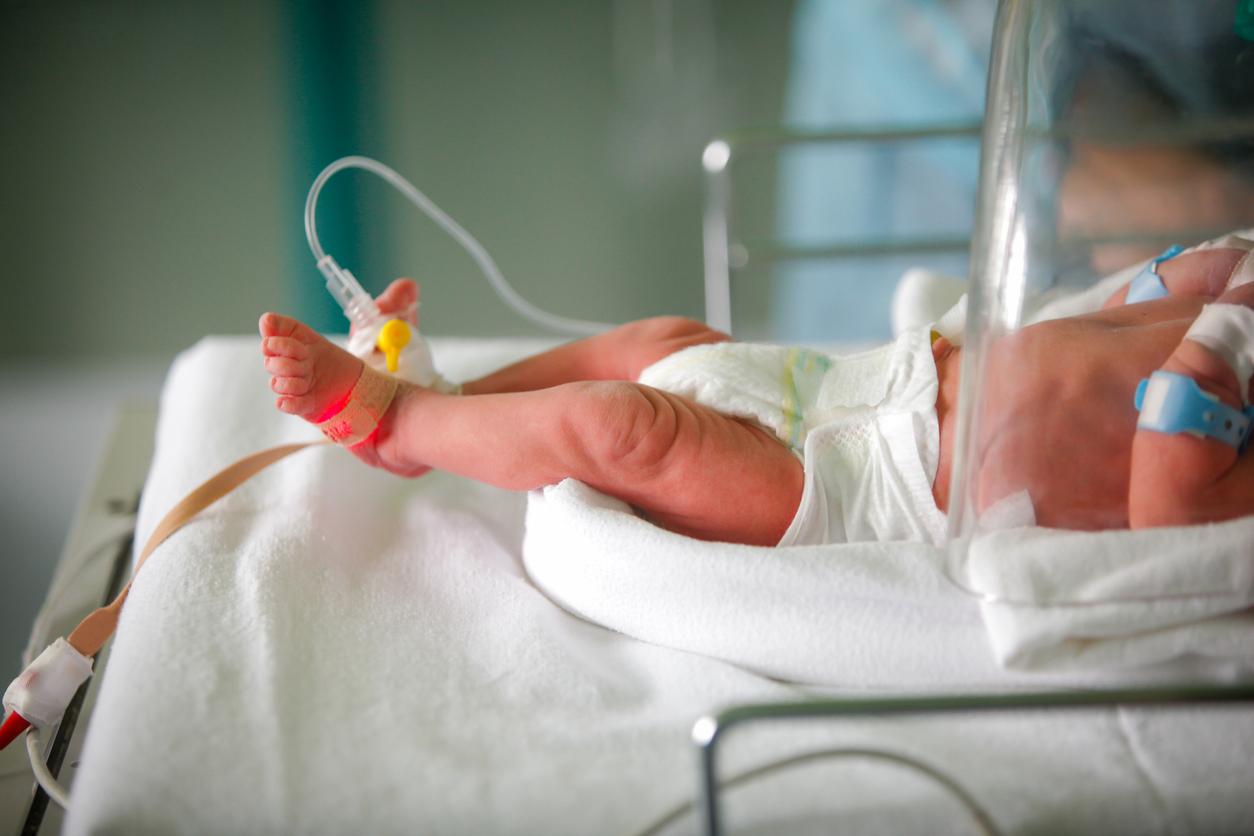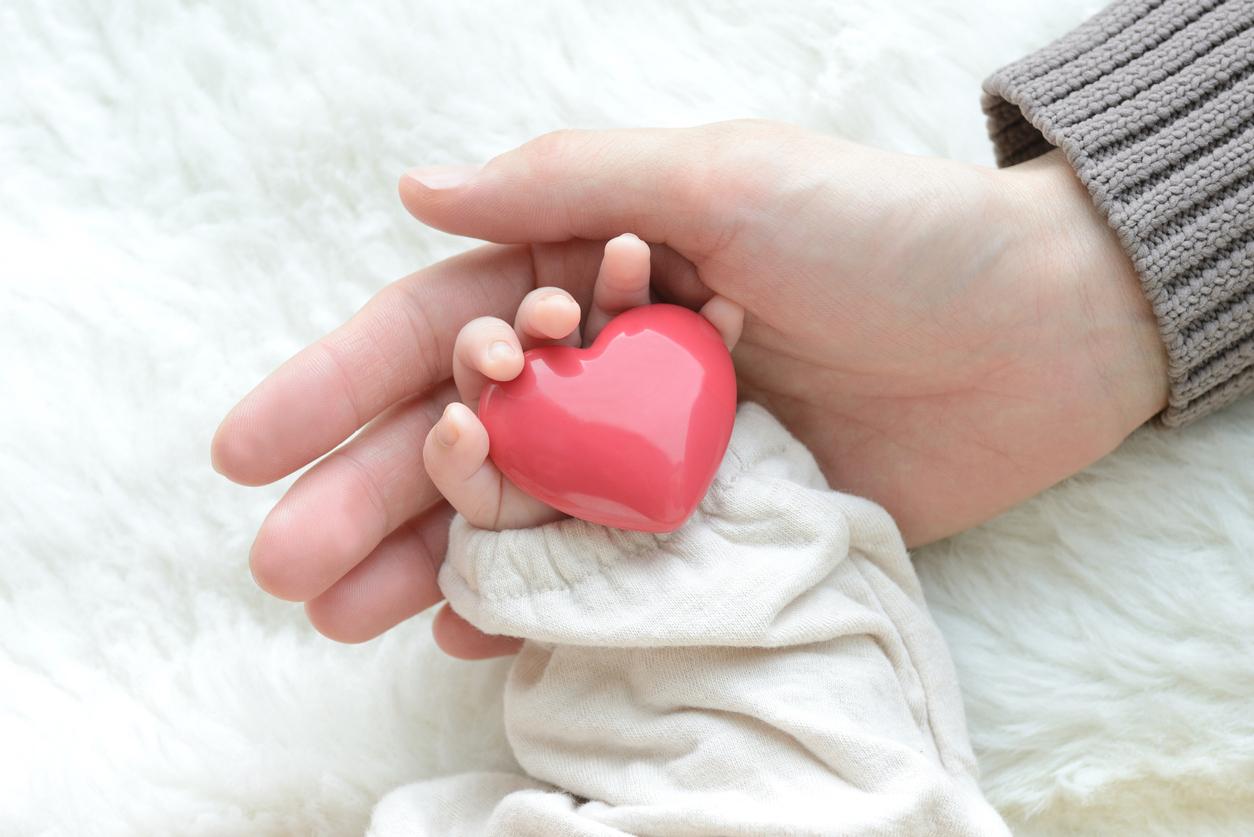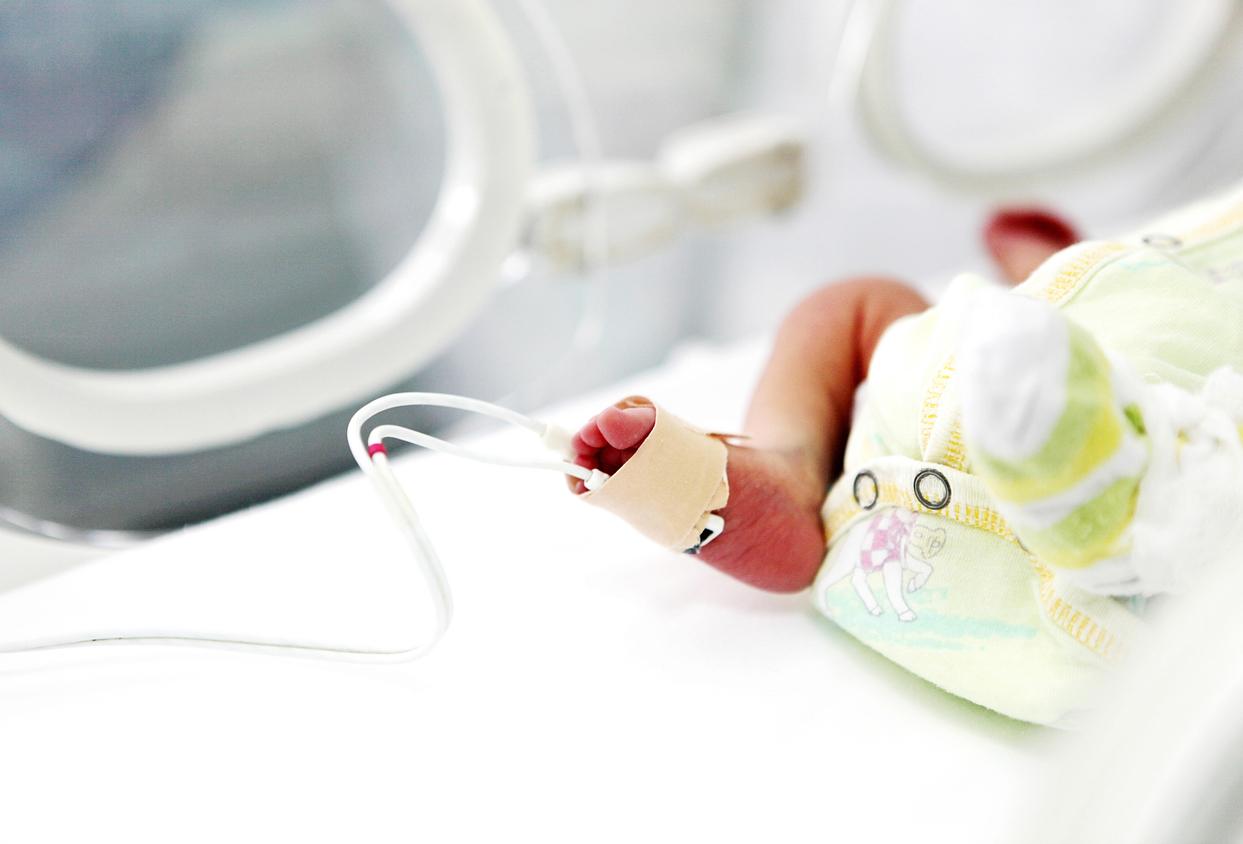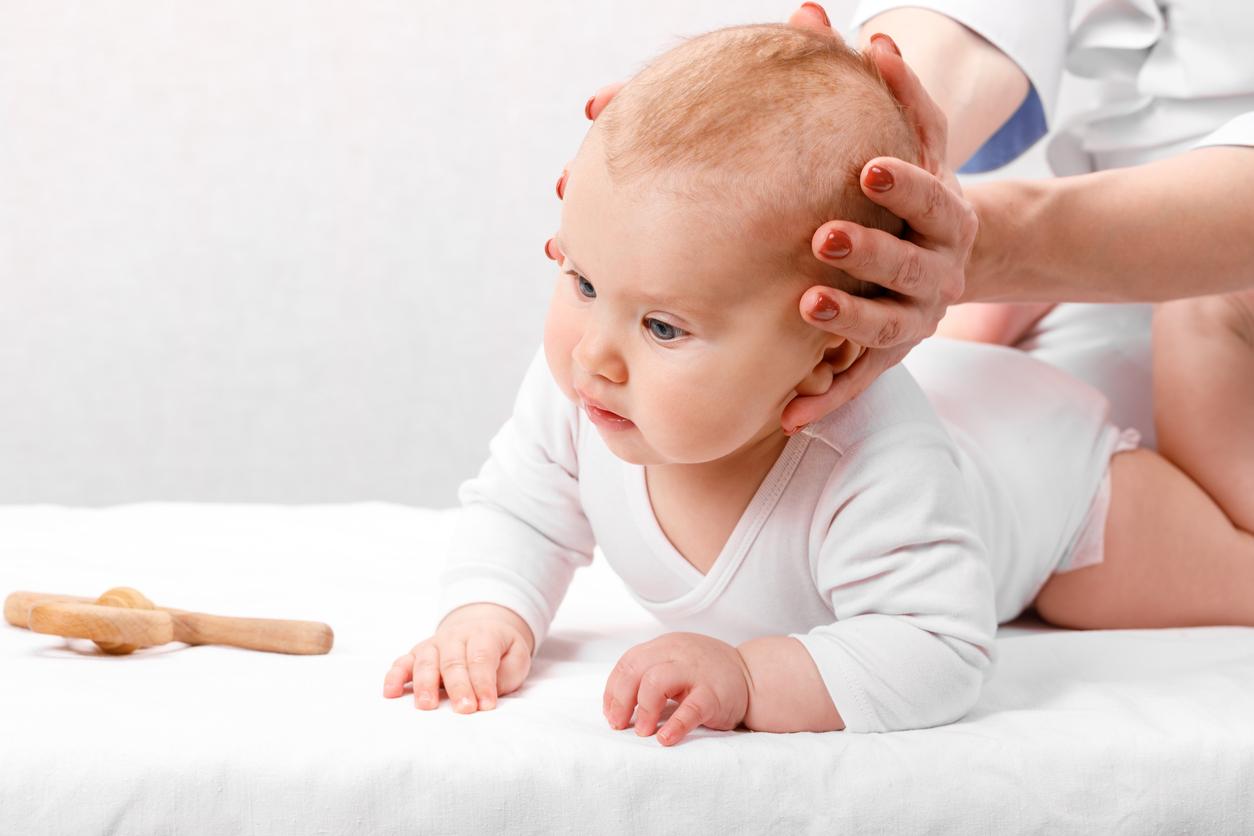Each year, 1,500 women give birth in Ile-de-France without having benefited from any pregnancy follow-up, according to a report from the Association for the Development of Women’s Health.

This is an unfortunately constant figure. For the past ten years or so, the number of women who arrive in Paris hospitals to give birth, without having had any obstetrical follow-up, has remained the same – around 1,500 per year. Association for the Development of Women’s Health (ADSF), which has carried out an investigation, is sounding the alarm. Every night, 80 to 100 pregnant women sleep in the streets. 15% of pregnant women have unstable housing.
Many Roma women
Most of these women live in a very precarious situation. The association’s report lists these profiles: “migrant women concentrated in slum areas in the eastern suburbs of Paris (93 and 94), for the vast majority of Roma women; women housed in social hotels, especially of African origin; but also women living in squats or precarious dwellings. Among them, some are drug addicts and “treat themselves” with drugs. Others are destitute French women, homeless, half of whom would need psychiatric care.
Roma women are in fact among the populations with the least medical follow-up: 9 out of 10 do not consult any specialist during their pregnancy. They have an average of 4 pregnancies, of which only half result in the birth of a living child.
High-risk pregnancies
Due to the lack of obstetrical follow-up, blood tests or ultrasounds, many anomalies are not detected (congenital malformations, babies of small weight…). Maternal pathologies are treated too late and often lead to serious complications.
Thus, these women are exposed to lethal risks in cases of high blood pressure and gestational diabetes. Small illnesses frequent in pregnant women, such as urinary tract infections, have very serious consequences when they are not treated (premature deliveries, neonatal infections, etc.).
“Overall, studies show that among women in very precarious situations, the rate of premature deliveries is high: from 12 to 15% against 6 to 8% in the general population, explains Paule Herschkorn Barnu, obstetrician gynecologist and director of the network. SOLIPAM (Solidarité Paris Maman). Cesarean sections are also much more frequent: they are performed in more than 30% of these women, against 18% in the general population ”.
In addition to the lack of pregnancy follow-up, living conditions are often precarious – unsanitary housing, unbalanced or insufficient food… In these women, the probability of developing a risky pregnancy increases tenfold. “Precariousness has consequences on the course and outcome of pregnancy, but also on perinatal health. Confronted with major physical and emotional insecurity, it is sometimes difficult for them to invest in their pregnancy, regardless of their social origin or their culture, ”concludes Paule Herschkorn Barnu.
.

















